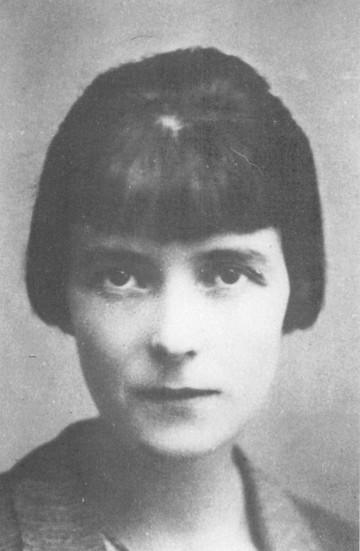|
OUTREACH: ACADEMIA AND MEDIA
In his apprentice years Moore acted as ex officio consultant on Gurdjieff to the Centre for New Religious Movements (King's College, London University) and to INFORM [Information Network Focus On Religious Movements] (London School of Economics). Neither these connections nor his Quixotic approaches to academia (bracketted by his short seminar in 1987 at Oxford University on ‘The Gurdjieffian Framework of Understanding’ and his presentation at University College London in 2005) yielded anything of significance. Despite deriving his tertiary education outside the academic mainstream, Moore was elected to Fellowship of The Royal Society of Arts (1963) and to Fellowship of The Royal Asiatic Society (1974). He served on the International Editorial Board of Journal of Contemporary Religion [King’s College, University of London] from its inception in 1995 until May 1998.
In 1988 Moore broadcast an interview with Elizabeth Alley for the Concert Programme on New Zealand Radio introducing a 40-minute selection of Gurdjieff/de Hartmann music played by Thomas de Hartmann and Alain Kremski. In 1989 he was interviewed by Professor Keith Ward in series ‘The New Gods’ BBC Radio 4. Of several subsequent radio presentations by Moore, paradoxically the most accessible on the Web is from the series 'The Spirit of Things' on Radio National, Australian Broadcasting Corporation - an adversarial piece contra Professor Anthony Storr, moderated by Dr Rachael Kohn.
Moore’s contribution in the domain of film has been ancillary but arguably weightier. On 20 July 1976 The Guardian ran his interview with Peter Brook, eliciting background about the director’s projected film based on Gurdjieff’s quasi-autobiographical book Meetings with Remarkable Men. It was the first English-language presagement of this problematical production. Subsequently, as an ‘extra’, Moore attended shoots at Pinewood. In 2000 he introduced a screening of Meetings at the Gardner Arts Centre, University of Sussex.
Shortly following the publication of Gurdjieff and Mansfield in 1980 [see Books section] a feature film of the book was bruited, provisionally cast...and then abandoned. Nevertheless, various producers subsequently approached Moore for guidance about the consumatory Prieuré phase of Mansfield’s life. He supported the documentary films All that I write, director Sally McLeay [Four Corners, 1986], and A Portrait of Katherine Mansfield: the Woman and the Writer, script Gillian Boddy, director Julienne Stretton [Marigold Productions, 1987].
In October 1988 - invited by Professor Roger Robinson - Moore made a 24-thousand mile round trip to New Zealand, to present a condensed version of Mme de Salzmann’s final film of Gurdjieff’s Sacred Dances to an international academic audience during the Katherine Mansfield Centennial Conference at Victoria University of Wellington. Moore was active in promoting Westdeutscher Rundfunk Koln’s TV film production Eine Reise zu unerreichbaren Orten: Portrait Gurdjieff, produced by Dr Lothar Mattner and screened Dec 2003. The extended interview given by Moore to Herr Jurgen Wilcke in Nov 2002 is the only extant footage of him speaking on the Gurdjieffian theme. Also interviewed were Laurence Rosenthal, the noted Gurdjieffian composer, pianist, and musicologist, and Gurdjieff’s daughter Cynthia [‘Dushka’] Howarth. Moore also appears among those who aligned themselves with Jean-Claude Lubtchansky’s film The Seekers of Truth, arguably the most compelling evocation of Gurdjieff in any medium (see credits to Part 1 of the trilogy).
|
